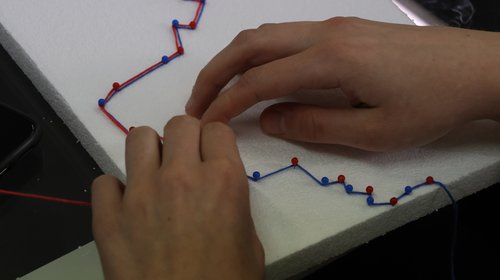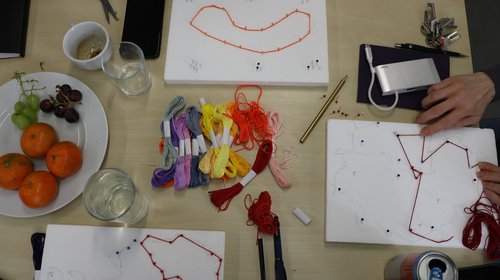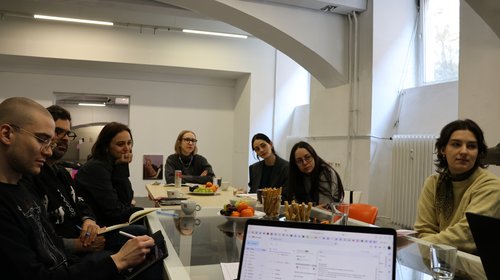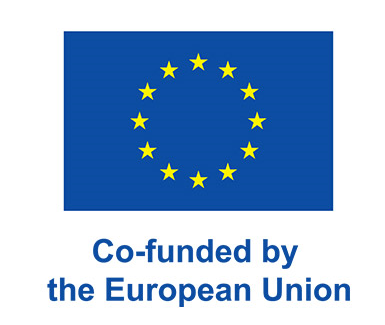Workshop: “Remapping Cold War Geographies” with Olja Triaška Stefanović
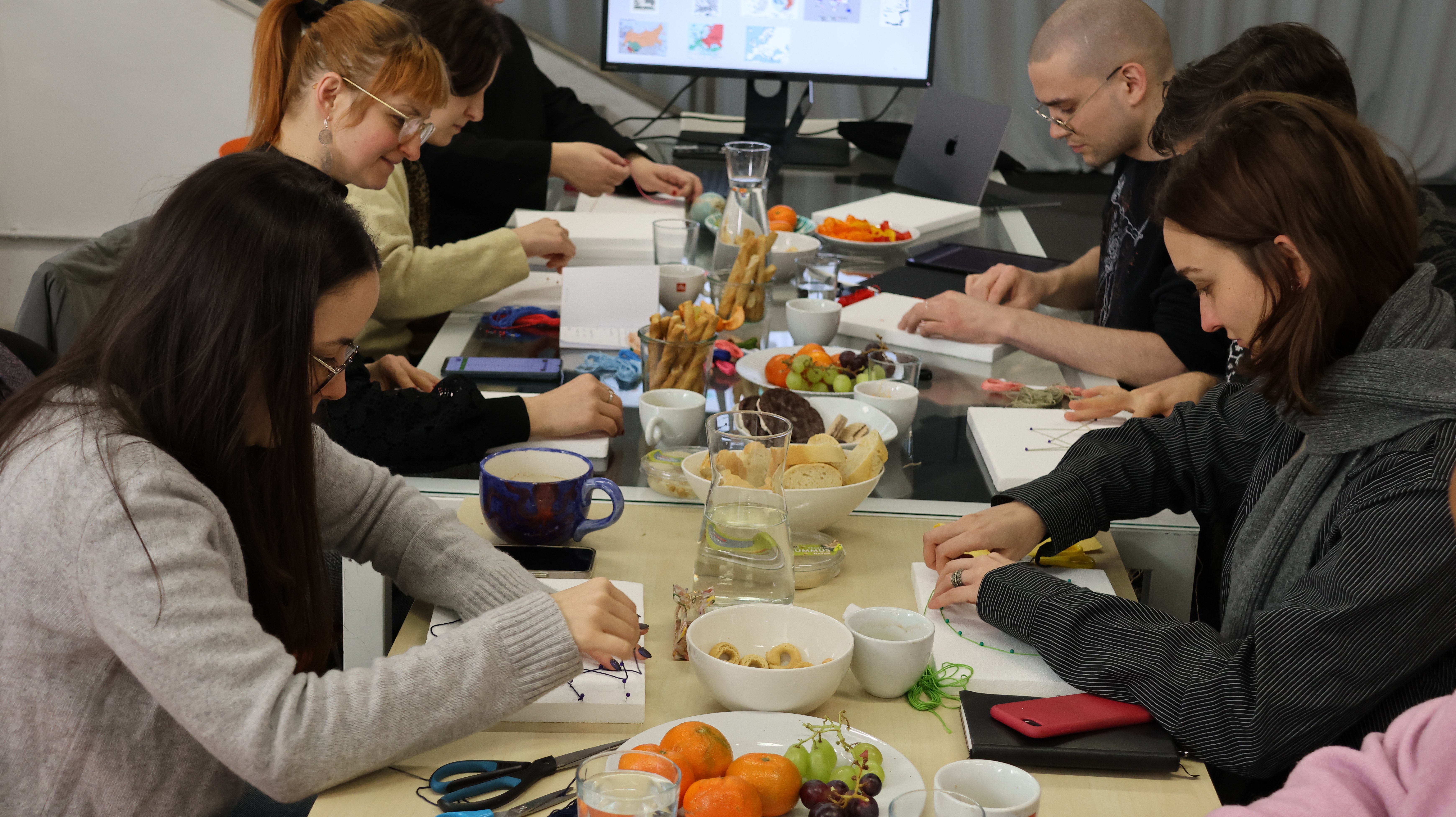
As part of her residency Animal Diplomacy (gifting) and Cold War held in Vienna during February 2025, Olja conducted a workshop titled "Remapping Cold War Geographies". This interactive session invited participants to critically explore and reinterpret the geopolitical, cultural, and ecological landscapes of the Cold War era through artistic and creative approaches. Using archival images, maps, and historical materials, attendees examined how borders, alliances, and cultural exchanges shaped global geographies beyond the traditional East-West binary. The workshop emphasized collaborative creativity and critical thinking, fostering dialogue about the lasting legacies of Cold War geopolitics in contemporary society.
The Cold War was not just a political standoff but a profound reconfiguration of global physical, ideological, and cultural landscapes. This workshop encouraged participants to move beyond conventional narratives to uncover alternative histories and hidden geographies. Through discussions, visual analysis, and creative exercises, attendees investigated the political divisions, cultural diplomacy, and contested territories that defined the era. They also explored how these historical geographies continue to influence current political, social, and cultural dynamics.
Participants were introduced to the geographic and political landscape of the Cold War, including the significance of the Iron Curtain, NATO and Warsaw Pact alliances, and key regions of tension. The workshop enhanced critical thinking and spatial reasoning through map-based activities and collaborative creative tasks focused on Cold War geographies. Attendees learned about important historical events such as the Berlin Airlift, the Cuban Missile Crisis, and the processes of decolonization that led to the formation of independent states in Africa and Asia.
The session included a multimedia presentation featuring iconic Cold War films like Dr. Strangelove (1964), Fail Safe (1964), WarGames (1983), and The Russians Are Coming (1966) to deepen understanding of the period’s tensions and cultural atmosphere. Group activities allowed participants to visualize and trace Cold War borders, explore the symbolic and material construction of these boundaries, and reinterpret the era’s spatial politics through creative mapping exercises.
Key themes of the workshop included the construction of Cold War borders, cultural diplomacy and exchange, the geographies of neutrality through non-aligned movements, and the ongoing impact of Cold War spatial politics on art and culture today. By the end of the workshop, participants had developed a richer understanding of Cold War geographies, gained tools for critical analysis through art and cartography, and produced creative works reflecting their personal remapping of this historical era. The workshop successfully combined critical inquiry and creativity, providing a meaningful exploration of one of the most transformative periods in modern history.
________________________________
This workshop was held in the scope of the project „(In)Visible Traces. Artistic Memories of the Cold War”, co-funded by the European Union. Views and opinions expressed are however those of the author(s) only and do not necessarily reflect those of the European Union or the European Education and Culture Executive Agency (EACEA). Neither the European Union nor EACEA can be held responsible for them.
